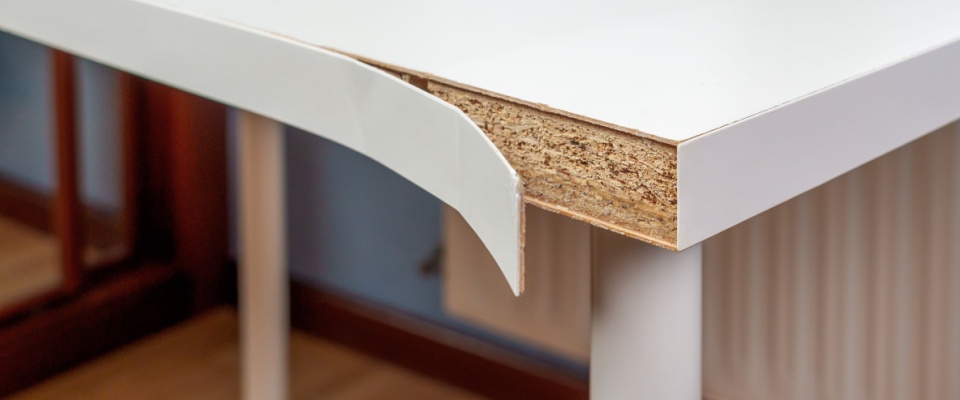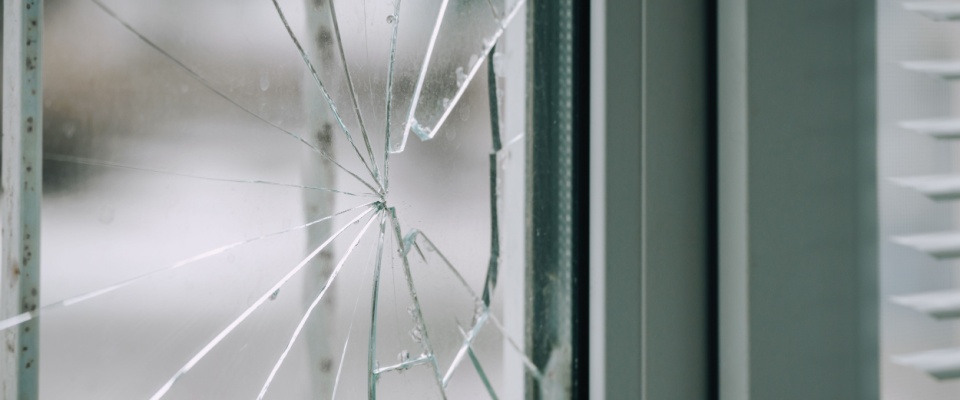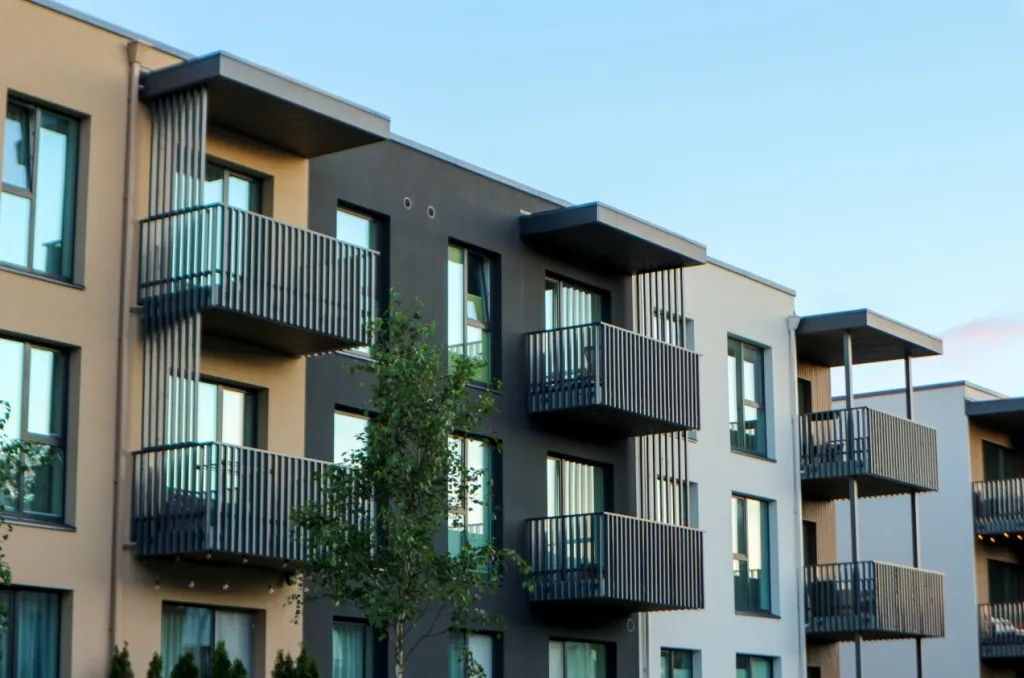Many renters assume renters insurance automatically covers any kind of property damage, but that's not always the case. A standard policy protects you from sudden, unexpected losses within limits. Some incidents receive full coverage, others partial protection, and some none at all.
If you've ever wondered whether renters insurance covers property damage, this article breaks down what's protected, what isn't, and how to handle situations when damage occurs.
Personal property coverage: What's protected and what's not
Renters insurance protects your personal belongings (that’s everything you own inside your apartment) from specific "covered perils." These typically include fire, theft, smoke, vandalism, and certain types of water damage.
Here are a few examples of covered situations:
- A kitchen fire damages your cookware and window treatments.
- A burst pipe ruins your furniture and electronics.
- Someone breaks in and steals your laptop and TV.
In these cases, your renters insurance helps pay for repair or replacement costs, up to your policy limit.
These situations typically imply no coverage:
- Normal aging or deterioration of your furniture or appliances.
- Maintenance issues connected to mold, pests, or gradual leaks.
- Neglecting issues or causing deliberate damage.

For better protection, verify whether your policy pays replacement cost (the price to buy new items) rather than actual cash value (the depreciated worth). This distinction can mean a significant difference in your payout.
Damage to your landlord's property: What you may owe
This area may confuse many renters. Renters insurance doesn't cover your apartment's structure. The walls, floors, and built-in fixtures belong to your landlord, and their insurance handles that coverage.
However, what happens if you accidentally cause the damage?
In situations like the ones mentioned below, your liability coverage may help pay for repairs, up to your policy limits:
- Starting a grease fire that damages cabinets.
- Knocking over a candle that burns the carpet.
- Breaking a plumbing fixture that leads to water damage.
Here are some examples of situations without coverage:
- Intentional damage or damage due to neglect.
- Damage caused by excluded events (flooding or earthquakes).
- Problems that developed gradually over time (slow leaks or mildew).
Even if you believe the damage is your fault, don't start repairs yourself. Notify your landlord first and document everything thoroughly. Their insurance may still handle part of the claim.
Damage to other people's property: When liability coverage steps in
Accidents don't only happen at your apartment and don’t always involve you. Renters insurance can help cover damage you cause to someone else's belongings or potential medical and legal expenses if someone gets injured in your apartment.

Below are a few covered examples:
- Dropping and breaking a friend's phone during a visit.
- Your child throwing a ball through your neighbor's window.
- A guest tripping over your belongings and breaking their glasses.
Excluded situations may be:
- Intentionally damaging property.
- Damage occurring during work or business activities (like breaking a client's equipment while freelancing).
- Damage involving policy exclusions, such as vehicles or professional equipment.
Read your policy carefully to understand your liability protection. This is a valuable component of renters insurance that prevents small mistakes from becoming major financial burdens.
Property coverage during a move: The vulnerable window
Moving day creates unique risks for your belongings that many renters may not consider. Your items face increased exposure to theft, damage, and loss during the transition between homes.
Here’s what's typically covered during moves:
- Theft of belongings from your old or new residence.
- Fire or smoke damage at either location.
- Weather damage to items left exposed during loading or unloading.

Watch for these coverage gaps:
- Damage caused by the movers' mistakes.
- Negligent packing of your belongings.
- Stolen items after being left in unsecured vehicles.
So, does renters insurance cover property damage?
When the damage is sudden, accidental, and caused by a covered peril, the answer is yes. It protects your personal belongings, can help pay for accidental damage to your landlord's property, and may cover harm to other people's possessions.
However, coverage isn't comprehensive. Normal wear, neglect, and natural disasters like floods or earthquakes typically fall outside policy protection.
The best thing you can do as a renter is to review your policy to understand your coverage and know how to handle any property damage.
Key takeaways:
- Renters insurance protects your personal property from covered risks like fire, theft, and certain water damage.
- It doesn't cover building structures, but may pay for accidental damage you cause to your landlord's property.
- Liability coverage helps when you accidentally damage someone else's property or someone gets injured in your apartment.
- Moving day creates unique coverage gaps, so it’s important to understand what's protected during transitions.
Frequently asked questions
A: Usually, no. Damage from your own pets is excluded, but liability coverage may apply if your pet injures someone or damages another person’s property.
Some carriers, like ResidentShield, offer additional add-on coverage for pet damage. Check with your provider if you're curious about what additional coverage is available regarding pets.
A: No. That’s part of the building, and it’s your landlord’s responsibility, unless you accidentally caused the damage.
A: Yes, if the leak was sudden and accidental, your renters insurance can help cover your personal items. However, your landlord’s or neighbor’s insurance may also play a role.




